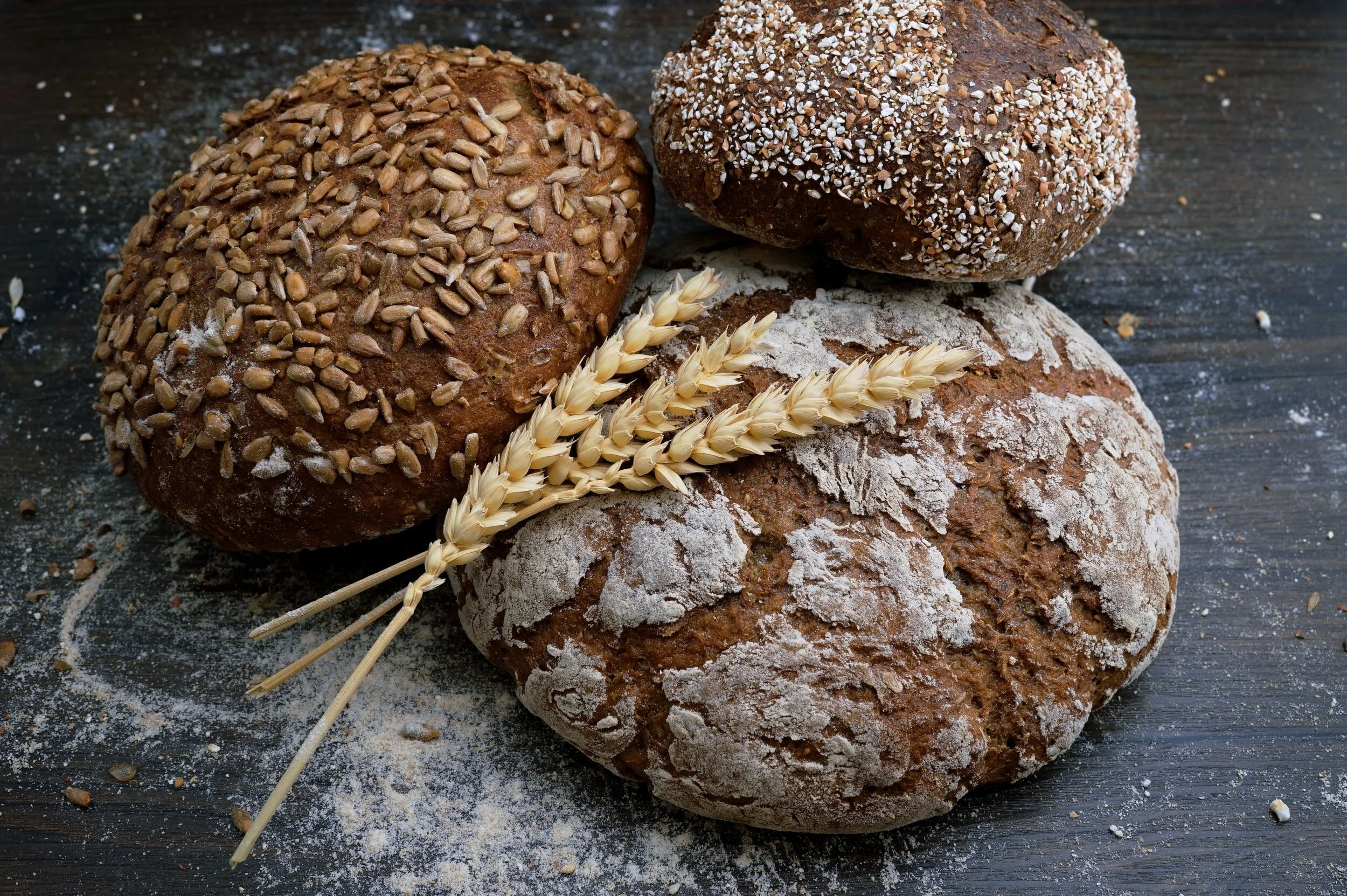The Problem with Wheat
Too much wheat can wreak havoc on our health
Foods Rich with Omega 3 Fatty Acids
Too Much Wheat
Wheat can be found in nearly all processed foods. Because it is cheap to grow and has a very long shelf life, wheat is overly abundant in our daily diets and that can lead to health problems over time. In fact next to rice, it has become the prevalent food source for the world. Since it is easy to grow and preserves for a long time, we seem to find it in just about everything we eat. Wheat is the third most-produced grain in the world due to its high demand and low cost to grow. In fact, the wheat trade is larger than all other crops combined. So much so that it takes up the most crop space in the world compared to all other crops combined.
What is Wheat?
Wheat comes from grain and is the primary ingredient in most pasta, bread, pastries, and basically any other favorite food that is gooey and yummy. The chemical makeup of wheat provides for that soft airy texture that most people love in their foods. While these foods may taste scrumptious, the wheat in them can have harmful effects on our bodies.
Much has been written on wheat and researched and it's not good news...
Health Concerns Caused by Wheat
Inflammation
Let’s start with inflammation - it is your body’s natural response to injury, and it is a vital function to survive. It’s that red swelling that happens when you sustain an injury such as a sprained or torn ligament or have a cut or an infection.
Wheat has its own inflammatory effect and while not injuring you per se, wheat has the ability to cause inflammation due to some specific proteins which act as gut irritants. When consumed, these proteins make their way into your gut for digestion and can irritate your intestinal lining. This leads to inflammation in your gut and some very undesirable effects And this does not only go for people who are gluten intolerant, it holds true for anyone. Even if you are not gluten intolerant, eating wheat may cause inflammation in your gut leading to such issues and discomfort as Inflammatory Bowel Syndrome (IBS), Autoimmune Disease, and diminished mood. If you are experiencing any discomfort or physical illness, reducing wheat in your diet is a great place to start.
Blood Sugar Spike
Wheat is a carbohydrate and as such can have serious effects on your blood sugar levels. Maintaining blood sugar balance is essential to a healthy life and uneven spikes can mean the difference between feeling great and feeling ill. Once wheat is digested in the gut it finds its way into your bloodstream. Once in your bloodstream, it spikes your blood sugar levels causing some organs to work harder than necessary, like your pancreas. After your blood sugar level starts to descend in a rapid drop, you may experience symptoms such as increased hunger, carb cravings, and fatigue. Some refer to this as the “blood sugar roller coaster.” This is a ride that you do not want to be on; over time it can lead to serious health issues like Type II Diabetes and other obesity-related diseases.
Wheat is a Thief!
That's right, wheat “steals” other nutrients from your body
And we’re not joking, wheat can be a total thief! When wheat is in your gut with other foods containing essential micro-nutrients, a substance in wheat called phytic acid binds to essential minerals like calcium, zinc, iron, and magnesium. This binding can prevent absorption of these minerals and over time can be detrimental to our health Bottom line: wheat prevents some important nutrients from being absorbed in your body making it the ultimate thief of foods.
Brain Dysfunction
Wheat not only can cause issues for your gut, blood sugar levels, and absorption of other foods, it can also be bad for your brain. Cerebellar ataxia is a motor disturbance that is caused by lesions in the cerebellum (the part of the brain responsible for motor functions such as walking, running, and jumping). This is caused by an auto-immune attack which results in lesions on the brain. There have been links between Cerebellar ataxia and the consumption and sensitivity of gluten Studies have shown improvement in patients with Cerebellar ataxia following a gluten-free diet. This is important science for a very serious problem. We all want the highest functioning brain – reducing wheat in our diets can help!
Weight Gain and Obesity
If you have been reading our blogs, by now you have learned lots about how the overconsumption of carbohydrates leads to obesity and overweight issues such as Type II Diabetes. Wheat is a carbohydrate, plain and simple. Excess consumption of carbohydrates leads to fat storage. And Increased body fat leads to all types of problems such as joint damage, type II diabetes, high cholesterol, and unbalanced blood sugar levels, self-esteem issues, even some cancers. Wheat products definitely make us feel full (aka bloated at times) but wheat is not easily digested and can actually lead to increased hunger causing you to eat more.
Wheat is almost always combined with additives like sugar, preservatives, and fillers, all of which can be harmful to your body and contribute to weight gain. Minimizing the consumption of wheat in its many forms will help prevent obesity-related physical and mental issues.
By way of the gluten-free trend, many companies are now dedicated to creating wheat-free foods for those who want to reduce or eliminate wheat in their diet. Although it’s always best to avoid carb-rich foods, those who do want to indulge in carb foods have some great options. Ingredients such as almond flour for bread and pastries, and shirataki noodles for pasta satisfy those food tastes without the wheat factor. Check out the many selections in your specialty or conventional grocery stores; even online sources such as Amazon. Just remember, carbs are carbs.
The many benefits of eliminating or greatly reducing wheat in your diet make it worthwhile to figure out what a wheat-free lifestyle looks like for you.

